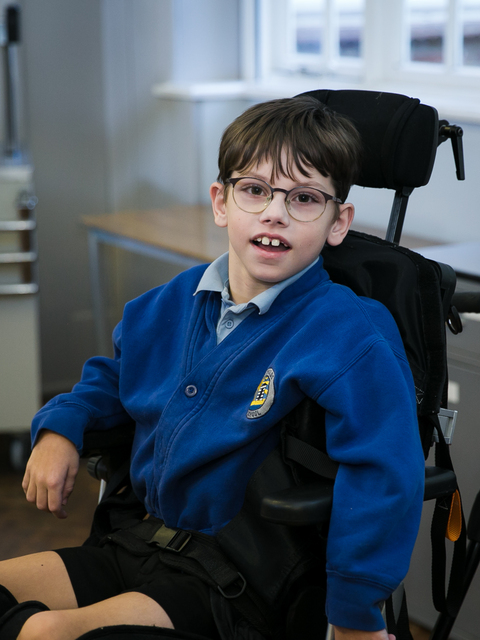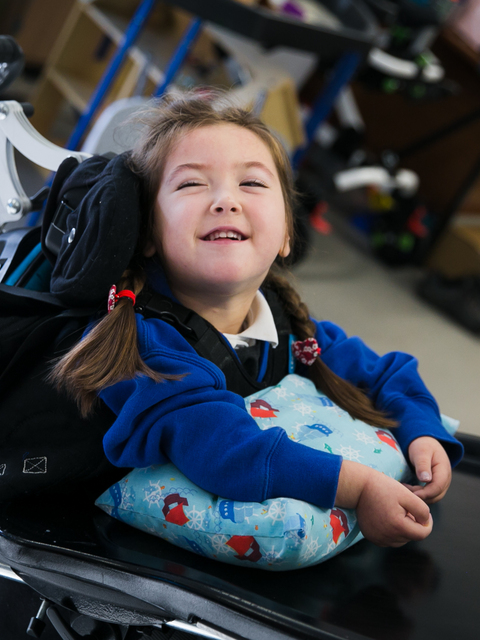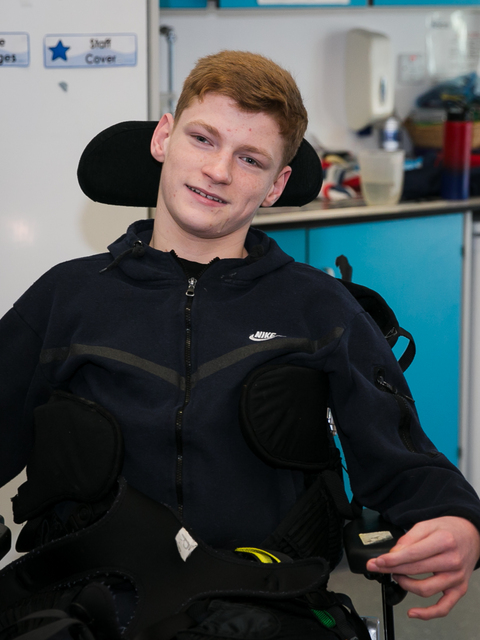Pier Strand
The Classes
Pupils will be taught through a range of sensory experiences which meet their needs in a holistic and therapeutic education setting. Students within Pier strand will have time and space to carry out daily physio and assist students in the use of their equipment. They will be focussed on developing students' communication skills through a range of tools including; eye gaze and switches. These classes will be highly staffed to meet the pupils, physical, medical and learning needs.



Our Curriculum
“A bespoke curriculum for learners with Profound and Multiple Learning Disabilities (PMLD) and Physical Neurological Impairments (PNI)"

Our young people are at the heart of everything we do. We recognise each young person is unique. We want them to learn to be strong and independent through positive relationships. We want each young person to have a sense of belonging and active participation in their life and education. We want to provide exceptional education and care through enabling environments so that each young person can make progress towards fulfilment.
We see it as our fundamental job, to find the very best interventions and teaching techniques for each learner, through researching what is best practice in the wonderful work in the SEND community, but even more importantly, through knowing our learners as best as we can. We have developed our very own approach, building a learning framework for each learner, directly from a deep and thorough assessment and understanding of each child and how they might be helped to make progress. The child, parents and family, therapists and teaching teams are all involved in the assessing of needs and the devising of the ‘next steps’ fundamental to our individual learning frameworks. It is a truly integrated approach, which works.
At the heart of our approach is the recognition that learning and development across all areas are underpinned by our understanding of engagement - the way each individual engages with other people, activities, their environment and any stimuli. We seek to nurture life-long learners who, rather than just being recipients of support, are motivated, inquisitive and active participants in their unique curriculum.
We do recognise the need for a ‘broad and balanced curriculum’ and this will mean different things for different pupils. We do take ideas and methodologies from documents produced by the Department for Education and elsewhere. In particular, we find the EYFS framework particularly helpful, no matter what the age of our learners. However, whatever we take must be relevant and appropriate to the developmental needs of each pupil, in order for meaningful learning to occur. There is no single curriculum that suits all our learners, no ‘set’ of core subject areas, no bank of targets to be chosen from. Every “Next Step” must be part of a functional and meaningful path for that child, not part of a pre-programmed or linear route. We must have no pre-conceptions of any learner’s path of progress or we are in danger of limiting our expectations of where they may branch out. We must follow the child, and we always expect to be surprised!
To find out more information about our curriculum, click the link at the bottom of the page to load our curriculum documents.
Essex Year Of Reading/Phonics
We understand students within Pier Strand need adaptive approaches to learning and being exposed to reading, therefore we offer regular exposure to sensory stories, independent activities, phonics sessions where appropriate and the use of "Look To Read" using either eye gaze or switch device to promote independent cause and effect reading.

Pier Strand 2023-2024
PSHE/ RSE-
|
In addition to those listed above- these are also covered at times.
What helps us stay healthy? What makes up a person’s body. What is the same and different about us? What is special to us? What makes up a person’s identity? What keeps us safe? |
What strengths, skills and interests do we have?
What Jobs people do?
How we can look after each other and the world?
How can our choices make a difference to us and others in our environment?
How can we manage risk in different places?







